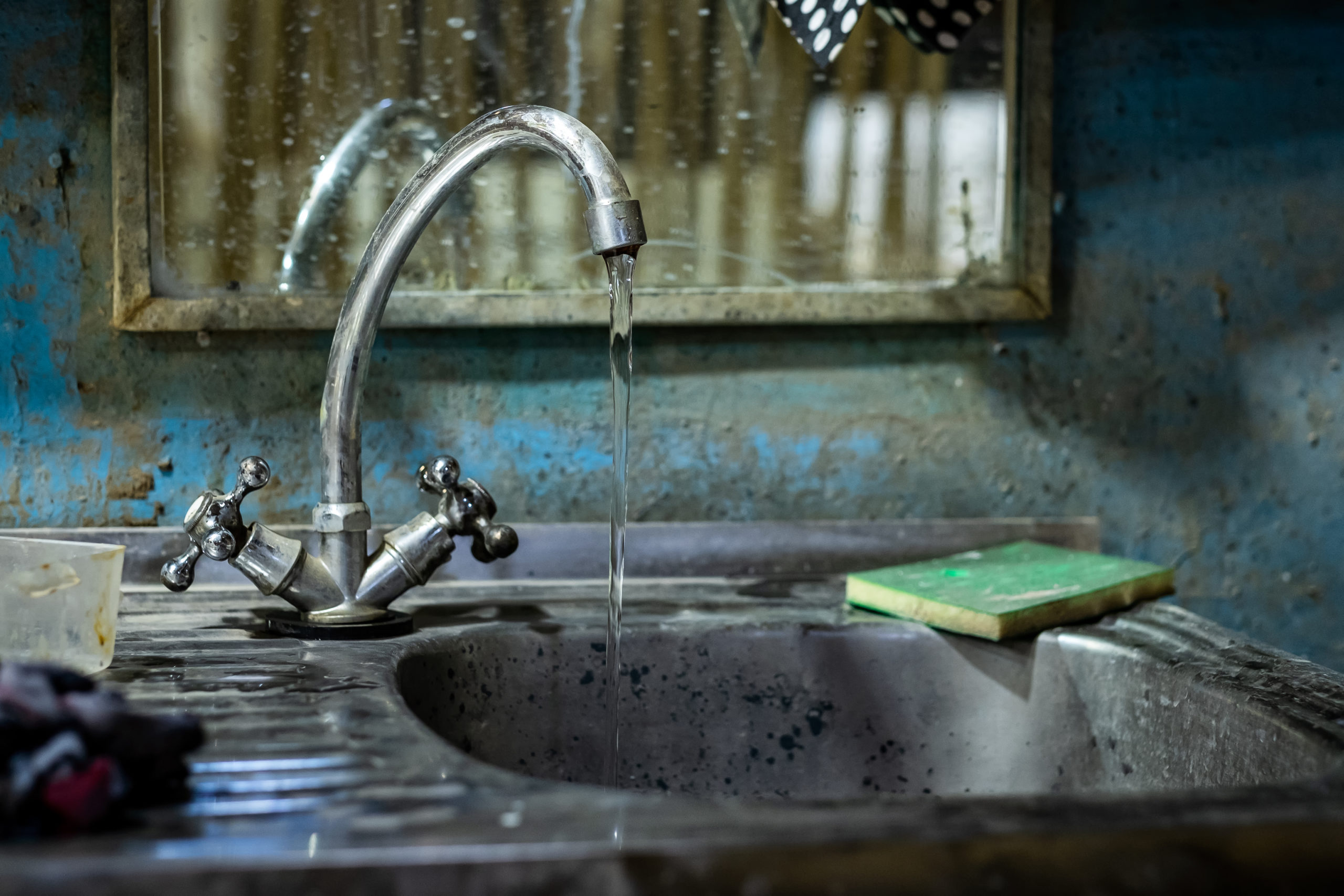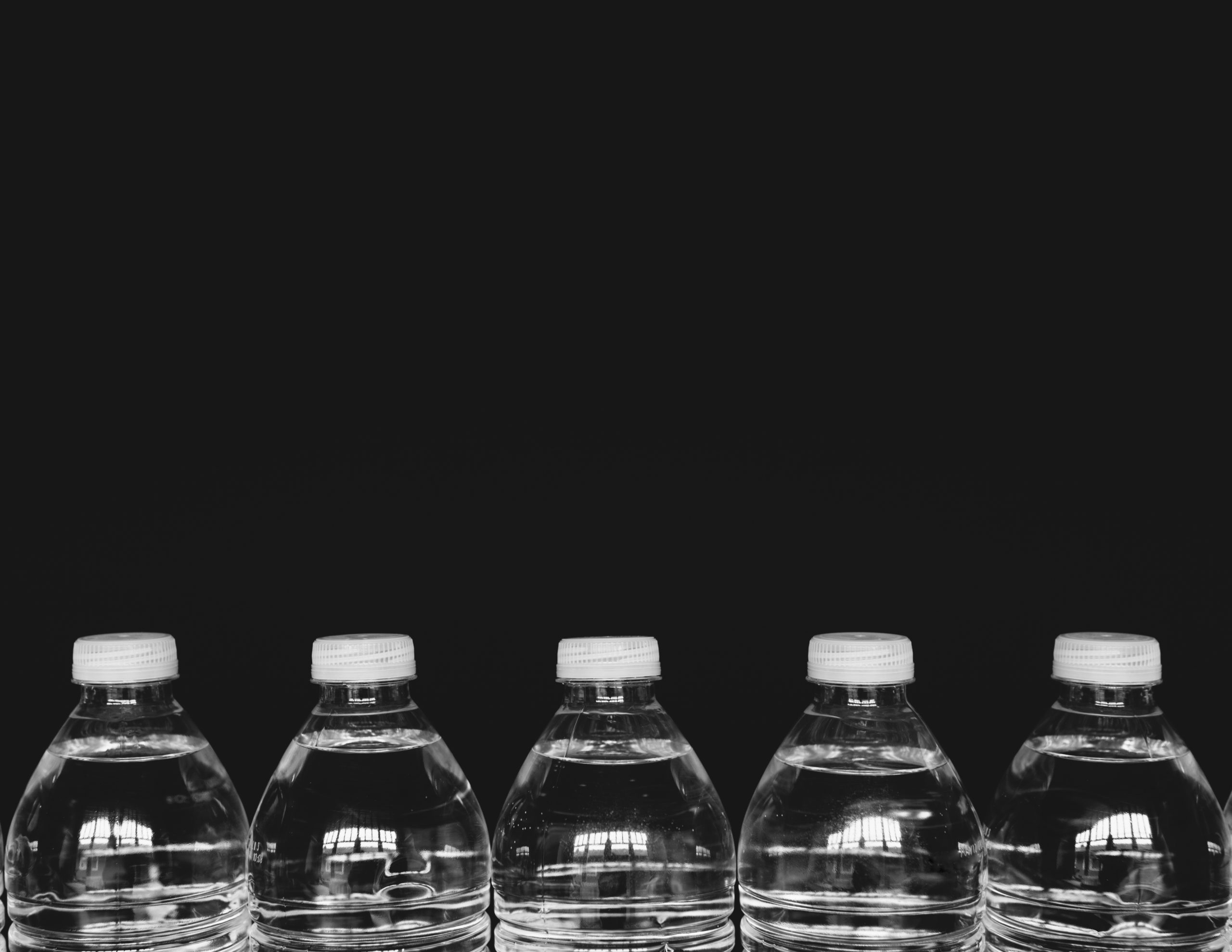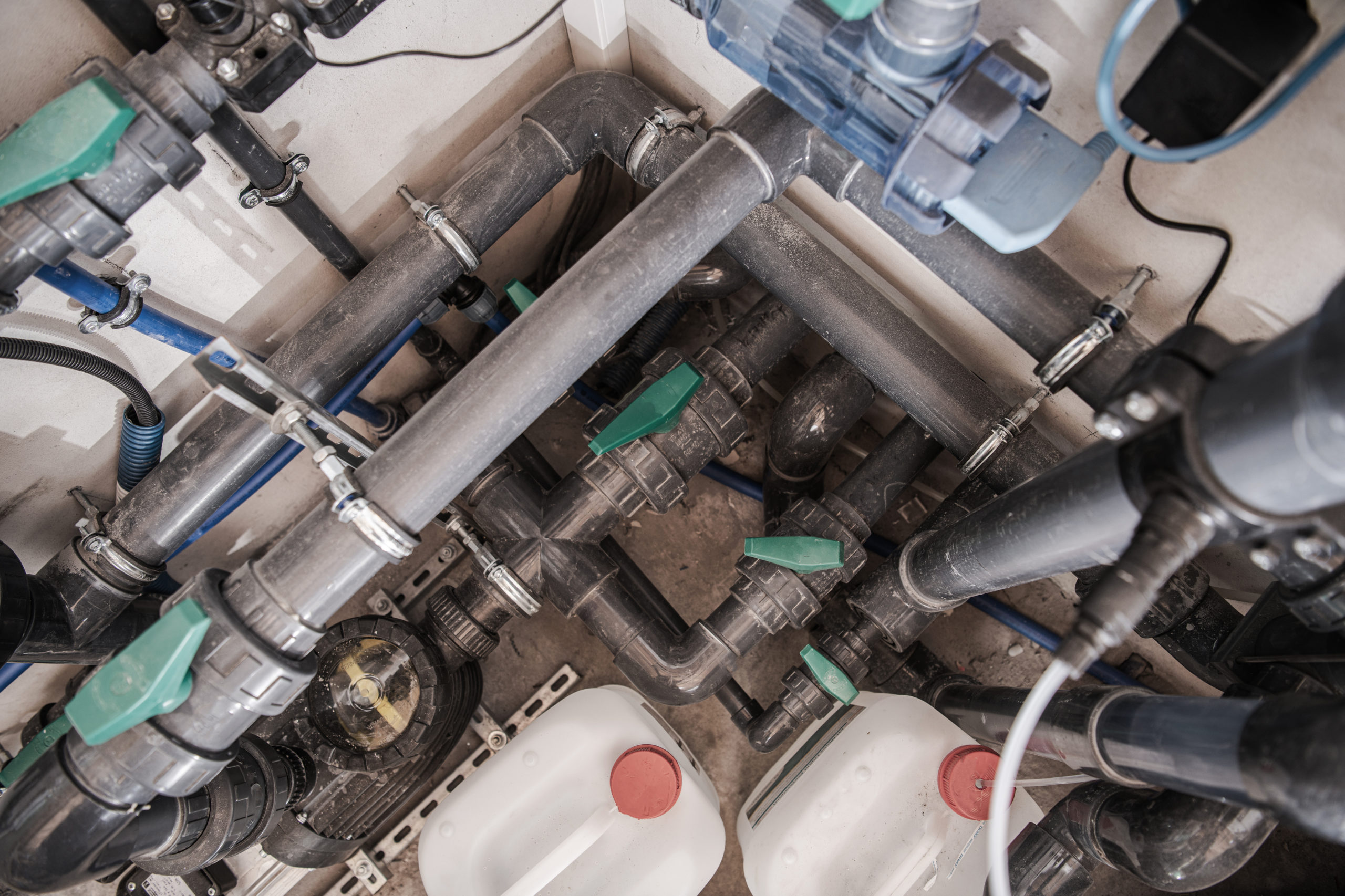
There is an ongoing outbreak of Legionnaires disease unfolding in Union County, New Jersey. Fourteen individuals have been confirmed to have Legionnaires disease and one person has died as a result of the disease. These cases were all reported between February 3rd through February 26th. The New Jersey Department of Health alongside local health officials are currently investigating this outbreak. They have identified some potential sources of the Legionella bacteria and have begun the process of removing it. They have warned any resident or visitor of Union County that is experiencing symptoms consistent with Legionnaires disease to seek medical attention. [1] If you have…








